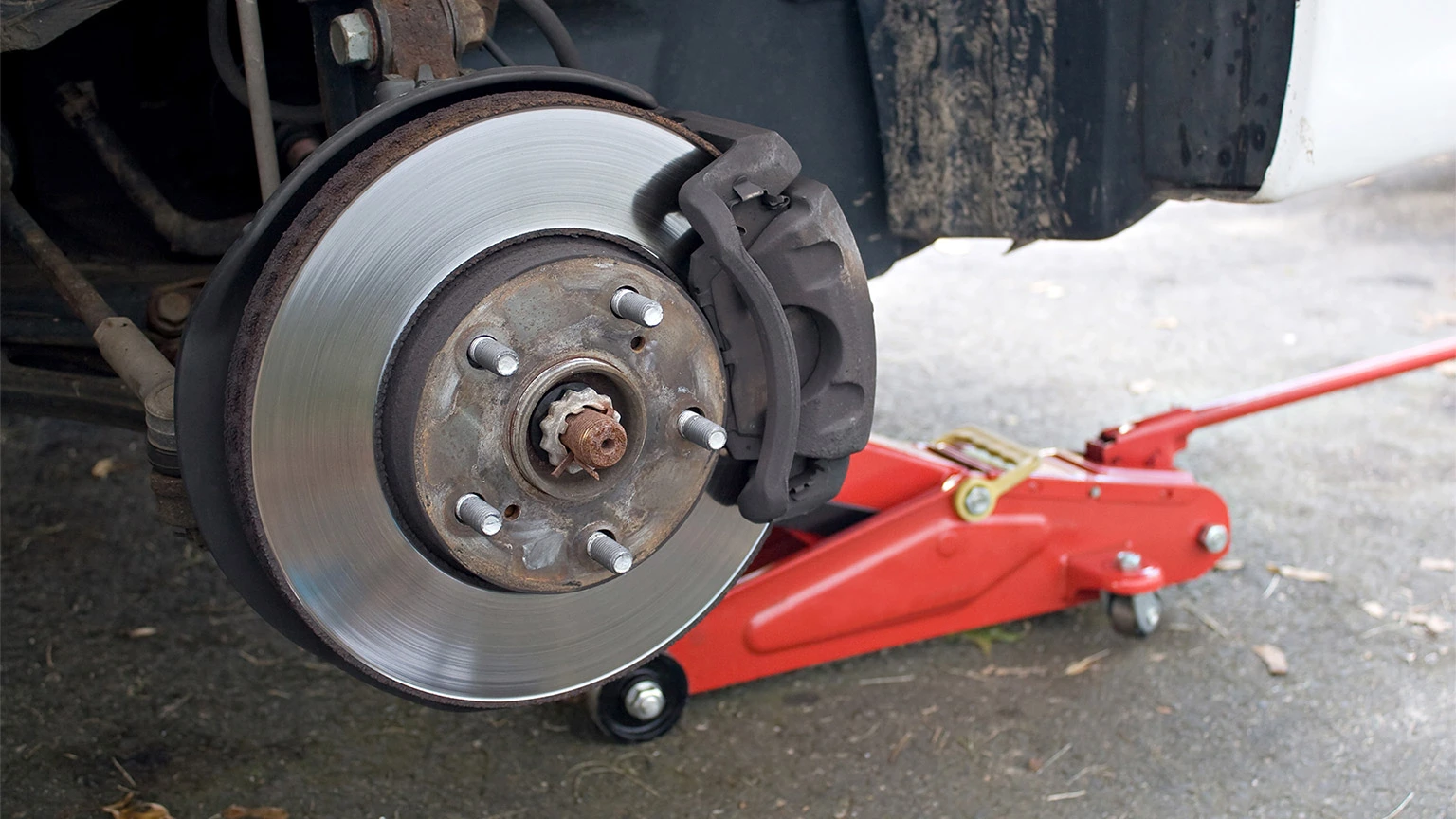Whenever you’re in the market for new brakes and rotors, you’ll want to make sure to choose quality parts that will last. The brakes and rotors on your Volkswagen can wear out and break down if they aren’t taken care of properly.
Squeaking and squealing noises
Squeaking and squealing noises on Volkswagen brakes and rotors can occur for several reasons. Some of these causes include dust, moisture, and debris. If you think you might have a brake problem, you should take your vehicle to a VW service technician. They will be able to diagnose your squealing and squeaking noises.
A worn or rusted brake pad can also cause squeaking and squealing brakes. Most modern pads have built-in wear indicators. These small tabs allow you to know when it’s time to replace them.
The most obvious cause of squeaking and squealing is a worn out brake pad. Often, this is the first sign of a problem. Another reason for squeaking is a loose component or a sloppy lubrication. It’s important to check all of these areas to make sure your brakes aren’t causing the noise.
Grinding metal-on-metal sound
The grinding metal-on-metal sound is not a good thing, and can be a sign of a problem with your VW brakes or rotors. The noise is a result of metal to metal contact between the rotor disc and the caliper. It is a warning sign that your brake pads are wearing out and should be replaced as soon as possible.
There are a few things you can do to minimize the damage to your braking system and help it last longer. This includes taking your vehicle to a car wash more often and keeping it clean. Also, cleaning the rotors with a pressure washer will help to keep them in good shape.
If you’re still a little bit unclear on what the noise is, it’s probably the sound your rear brakes make when you pull away from a stop. This can be a big deal because your front braking system performs about 60 percent of your braking.
Too much heat can cause brake rotors to melt
Brakes can overheat for many reasons. For example, heavy braking or braking in hot weather can cause the brake system to expand or overheat.
During a track day, the brakes are called upon more often. In addition, the amount of torque that the brakes produce is also higher. This can cause an imbalance in the torque and heat produced by the brakes.
When a brake rotor is worn or corroded, it can no longer absorb the heat evenly. Over time, this unevenness can result in the formation of a rough spot that eats away at the pads. It can also result in a condition known as friction fade.
Brakes can also overheat because of the heat being generated by the pads. This can also occur if a brake is used during emergency stops.
Warped brake rotors
If you’re driving your VW and notice a grinding, squealing or jittering noise when you apply the brakes, it may be time for your rotors to be replaced. Luckily, this problem can be easily fixed.
The best way to determine whether or not your rotors are warped is to take your car to an expert for a thorough inspection. This can help you identify the problem before it becomes worse.
Warped rotors are caused by a number of factors. One is excessive braking for long periods of time. A rotor that’s overheated can also become warped. Also, hot brake pads can transfer the heat to the rotors, which can cause them to warp.
Another potential cause of warped rotors is repeated stop/go traffic patterns. When traveling down a steep mountain, for example, you’re not going to want to apply your brakes for a prolonged period.
Premature brake wear
If you’ve ever noticed a VW’s brakes or rotors failing prematurely, you’re not alone. In fact, Volkswagen’s cars are notorious for this problem. However, the brand is also one of the most durable, so you should be able to get a good repair.
Premature brake wear can be caused by a number of different factors. The most common is individual driving habits. For example, a “two footed” driver often puts the left foot on the brake pedal while working the gas. This is not safe.
Another cause is a caliper that gets stuck. A stuck caliper can make the brake pads wear faster and unevenly. It can also cause the rotors to warp. You may be able to fix this problem by removing the caliper and replacing it.
